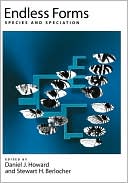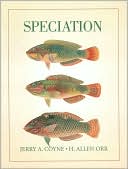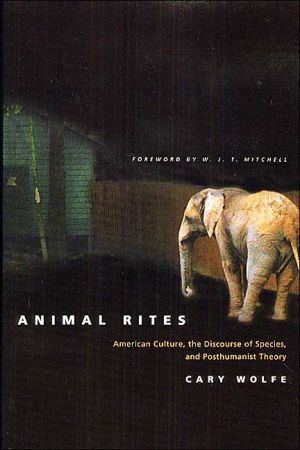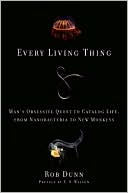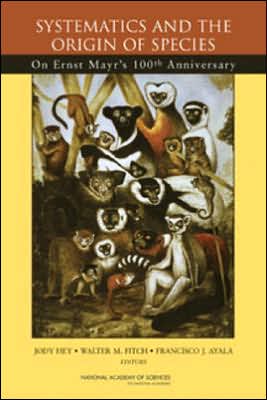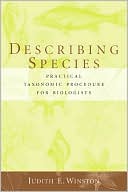Endless Forms:
Search in google:
Speciation is one of the great themes of evolutionary biology. It is the process through which new species are born and diversity generated. Yet for many years our understanding of the process consisted of little more than a perception that if populations are isolated geographically, they will diverge genetically and may come to form new species. This situation began to change in the 1960s as an increasing number of biologists challenged the exclusivity of allopatric speciation and began to probe more deeply into the actual process by which divergence occurs and reproductive isolation is acquired. This focus on process led to many new insights, but numerous questions remain and speciation is now one of the most dynamic areas of research in modern evolutionary biology. This volume presents the newest research findings on speciation bringing readers up to day on species concepts, modes of speciation, and the nature of reproductive barriers. It also discusses the forces that drive divergence of populations, the genetic control of reproductive isolation, and the role played by hybrid zones and hybridization in speciation.
PrefaceContributorsPt. IHistory1Origins: A Brief History of Research on Speciation3Pt. IISpecies Concepts2Linking Evolutionary Pattern and Process: The Relevance of Species Concepts for the Study of Speciation193Species and Speciation: Geography, Population Structure, Ecology, and Gene Trees324Species and the Diversity of Natural Groups445The General Lineage Concept of Species, Species Criteria, and the Process of Speciation: A Conceptual Unification and Terminological Recommendations57Pt. IIIGeography, Ecology, and Population Structure6Theory and Models of Sympatric Speciation797On the Sympatric Origin of Species by Means of Natural Selection908Can Sympatric Speciation via Host or Habitat Shift Be Proven from Phylogenetic and Biogeographic Evidence?999Ecological Causes of Speciation11410The Apple Maggot Fly, Rhagoletis pomonella: Flies in the Face of Conventional Wisdom about Speciation?13011Evolution of Insect-Plant Associations: Sensory Perception and Receptor Modifications Direct Food Specialization and Host Shifts in Phytophagous Insects14512The Evolution of Edaphic Endemics15713The Relative Rate of Sympatric and Allopatric Speciation in Fishes: Tests Using DNA Sequence Divergence between Sister Species and among Clades17214The First Stage of Speciation as Seen in Organisms Separated by the Isthmus of Panama18615Rivers, Refuges, and Ridges: The Geography of Speciation of Amazonian Mammals202Pt. IVReproductive Barriers16Songs, Reproductive Isolation, and Speciation in Cryptic Species of Insects: A Case Study Using Green Lacewings21717Reproductive Isolation in Sonoran Desert Drosophila: Testing the Limits of the Rules23418Wolbachia and Speciation24519Intergenomic Conflict, Interlocus Antagonistic Coevolution, and the Evolution of Reproductive Isolation26120Species Formation and the Evolution of Gamete Recognition Loci27121The Evolution of Barriers to Fertilization between Closely Related Organisms279Pt. VThe Genetics of Speciation22The Genetics of Sexual Isolation29123Sex Linkage and Speciation in Lepidoptera30924The Role of Chromosomal Change in Speciation32025The Genetics of Hybrid Male Sterility in Drosophila33026Subtle Is Nature: The Genetics of Species Differentiation and Speciation33927The Genetics of Speciation: Promises and Prospects of Quantitative Trait Locus Mapping352Pt. VIHybrid Zones and Speciation28What Do Hybrid Zones in General, and the Chorthippus parallelus Zone in Particular, Tell Us about Speciation?36729Paradigm Lost: Natural Hybridization and Evolutionary Innovations37930Mimicry and Warning Color at the Boundary between Races and Species39031Hybridization and Speciation in Darwin's Finches: The Role of Sexual Imprinting on a Culturally Transmitted Trait404Pt. VIIPerspectives32The Conceptual Radicalization of an Evolutionary Biologist42533Unanswered Questions and Future Directions in the Study of Speciation439Publications of Guy L. Bush449Index453
